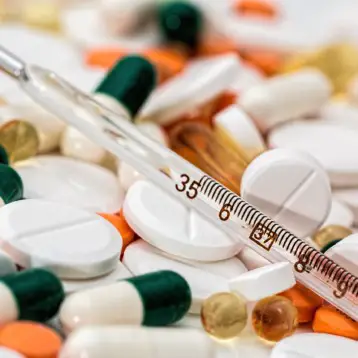|
Camera pills have come a long way since the first one was approved by the Federal Drug Administration (FDA) for diagnostic applications in 2000; ever since, most smart pills have been developed for this purpose only. Now Philips is aiming to change this approach by developing a pill which can also take an active role in therapy.
The iPill is a tiny capsule, similar to a camera pill, which was designed to be swallowed and then to pass through the digestive tract. Before the intake, it can be programmed to deliver medicine in a controlled fashion according to a pre-defined drug release profile which is to be created per patient and condition. It is mostly focused on treating conditions in different areas of the intestine.
Henk van Houten, senior vice president of Philips Research and head of the healthcare research program says: “We foresee that technologies like the iPill, that combine electronics with diagnostic and therapeutic properties, will open up the possibility of targeting almost any kind of drug to a specific location in the intestinal tract.”
|
The device can determine its precise location in the intestinal tract by measuring the acidity of its surroundings. Different areas of the intestinal tract have specific pH values (the common measure for acidity). The stomach is highly acidic but the acidity drops dramatically right after the exit toward the intestine and continues to drop from the upper intestine onwards. Using these measures in combination with the data on the pill’s transit times, the location can be easily determined. In addition, the pill measures the local temperature and reports measurements to an external receiver unit. When the iPill reaches an area defined in its drug-release profile, it begins accurately releasing the drug from the reservoirs using a microprocessor controlled pump.
In the future the iPill may become an important tool for drug research. Due to the feedback and option to install a camera in the pill, it will be possible to monitor the results of different drug administrations. Thus it may help improve drug candidate profiling and selection, as well as accelerating the development of new drugs.
TFOT recently covered a different smart pill controlled by a magnet developed by team from the Fraunhofer Institute for Biomedical Engineering in Sankt Ingbert, Germany. TFOT also covered several techniques of localized drug delivery, including micro-origami, or tiny packages developed at the University of Southern California and the Insulin nano pump developed by the Swiss company Debiotech.
For further information on the iPill you may visit the Philips press release page.











